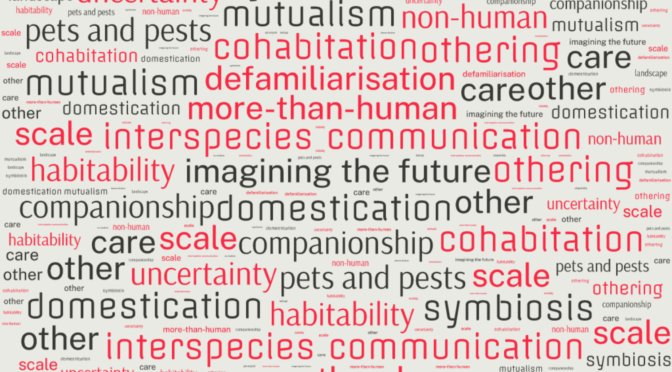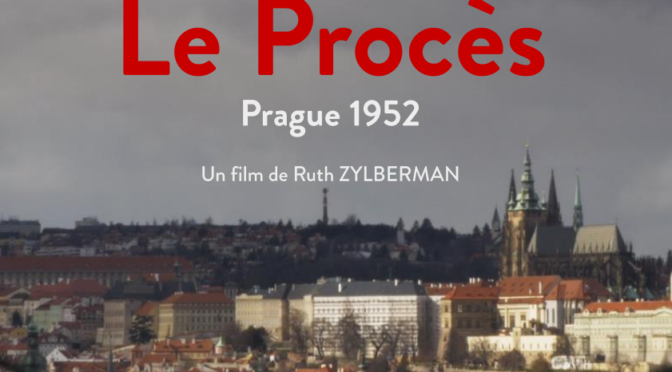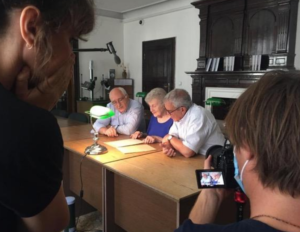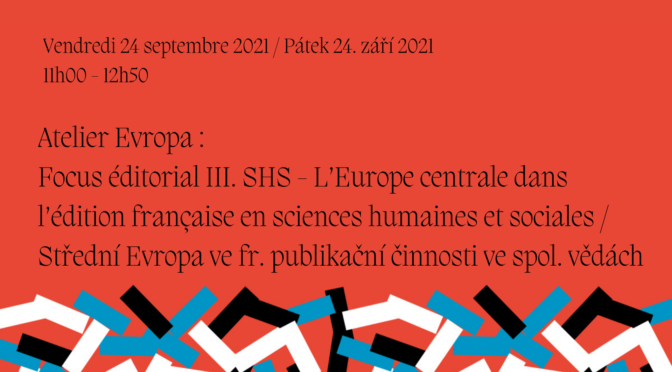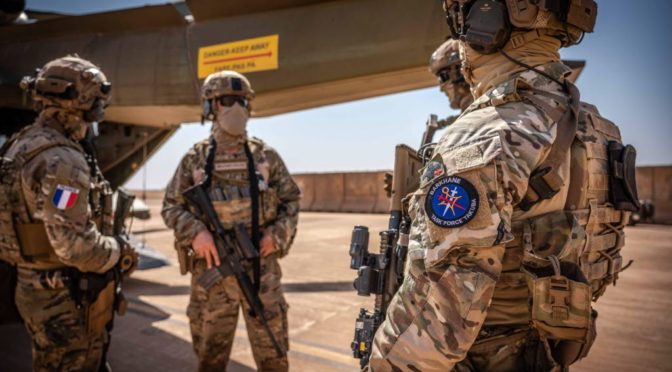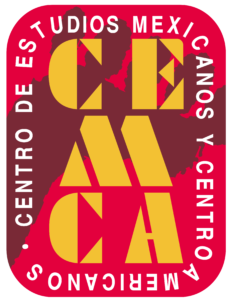Debata u kulatého stolu, která proběhne v rámci výzkumného projektu “Home beyond species: More-than-human dwelling in the age of crises”, se zaměří na konceptuální a praktické otázky související se založením diskusní skupiny, která se zabývá pojmem postantropocentrismu a která je součástí projektu Tandem. A právě Tandem tým, který působí v CEFRES a který se skládá z Petra Gibase (AV ČR) a Chloé Mondémové (CNRS, francouzské Národní středisko vědeckého výzkumu), debatu organizuje. Při diskuzi budou prizmatem postantropocentrismu zkoumána rozličná témata.
- Kdy: čtvrtek 3. 11. 2022, 14:00
- Kde: knihovna CEFRES a online
- Jazyk: angličtina
Diskutující se budou u kulatého stolu věnovat otázkám souvisejícím s pojmem, který pracovně nazývají postantropologický domov. Za tímto termínem se skrývá širší označení pro domov, v němž jsou lidé zapleteni do sítě vztahů, jež neprobíhají výlučně mezi lidskými bytostmi. Protože jsou si diskutující vědomi, že lidé sdílí svá obydlí nejenom s druhými lidmi, ale též s dalšími členy, ať už živými či neživými, chtěli by si položit následující otázky, a to se zaměřením nejen na teoretický, konceptuální či metodologický aspekt, ale též na rovinu onto-epistemologickou:
- Pokud vezmeme v potaz spletitost vztahů lidí s ne-lidským, jak bude již zavedený pojem obydlí a s ním spojené koncepty domova a krajiny zpochybněn?
- Jakými novými způsoby můžeme, jakožto vědci zkoumající člověka a jeho domov, reflektovat interakci člověka s ne-lidským, a to nejen uvnitř jeho domova, ale též v jeho okolí?
- Ke kterým novým konceptuálním oblastem může zahrnutí ne-lidského elementu do našeho uvažování o lidském domovu otevřít cesty?
- Jak může být věda metodologicky a epistemologicky vnímavější, aby se mohla více přiblížit spletitostem vztahů lidí s ne-lidským prvkem uvnitř lidských obydlí?
Debata u kulatého stolu je událost uzavřená pro veřejnost. Pokud vás výše nastíněné téma zajímá a rádi byste se jí zúčastnili, neváhejte kontaktovat členy Tandem týmů Petra Gibase (petr.gibas(at)soc.cas.cz) či Chloé Mondémovou (chloe.mondeme(at)cnrs.fr).

